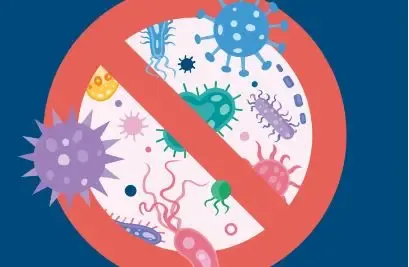Blood Protein from Oysters May Combat Superbugs: Research

Synopsis
Key Takeaways
- Oyster blood protein shows potential against superbugs.
- Increases antibiotic effectiveness by up to 32 times.
- Harmless to human cells, paving the way for new treatments.
- Targets bacteria like Streptococcus pneumoniae and Staphylococcus aureus.
- Opens avenues for aquaculture and pharmaceutical collaboration.
Sydney, Jan 21 (NationPress) A protein present in the blood of Australian oysters shows promise in combating antibiotic-resistant superbugs, according to research released on Tuesday. The investigation, conducted by a team from Southern Cross University (SCU), revealed that a blood protein derived from the Sydney rock oyster can effectively eliminate bacteria and enhance the efficacy of certain antibiotics against various bacterial strains, as reported by Xinhua news agency.
In laboratory evaluations, it was determined that this protein effectively targets Streptococcus pneumoniae and Streptococcus pyogenes, the pathogens responsible for pneumonia and strep throat, respectively.
Furthermore, when combined with antibiotics, the protein increased their potency by two to thirty-two times against Staphylococcus aureus and Pseudomonas aeruginosa.
The researchers highlighted that their findings support the potential of utilizing natural oyster products for treating bacterial infections. Importantly, the protein exhibited no toxicity to human cells, suggesting the feasibility of developing a safe antibiotic derived from oyster blood. Antimicrobial-resistant (AMR) superbugs, encompassing bacteria, viruses, fungi, and parasites that resist conventional antibiotics, pose a significant threat to global health.
The World Health Organization indicates that infections exhibiting AMR are challenging or impossible to treat, heightening the risk of disease transmission, severe illness, disability, and mortality.
The research team also discovered that the oyster protein effectively eliminates bacterial pathogens present in biofilms, which are clusters of organisms that cling together, allowing them to evade antibiotics and the human immune response.
Co-author Kirsten Benkendorff from SCU's Faculty of Science and Engineering noted, "The oyster hemolymph proteins were shown to inhibit biofilm formation and disrupt existing biofilms, thereby making bacteria more susceptible to antibiotics at reduced doses." She emphasized that this discovery opens up significant opportunities for collaboration between researchers and the aquaculture and pharmaceutical sectors in the development of new antibiotics.









